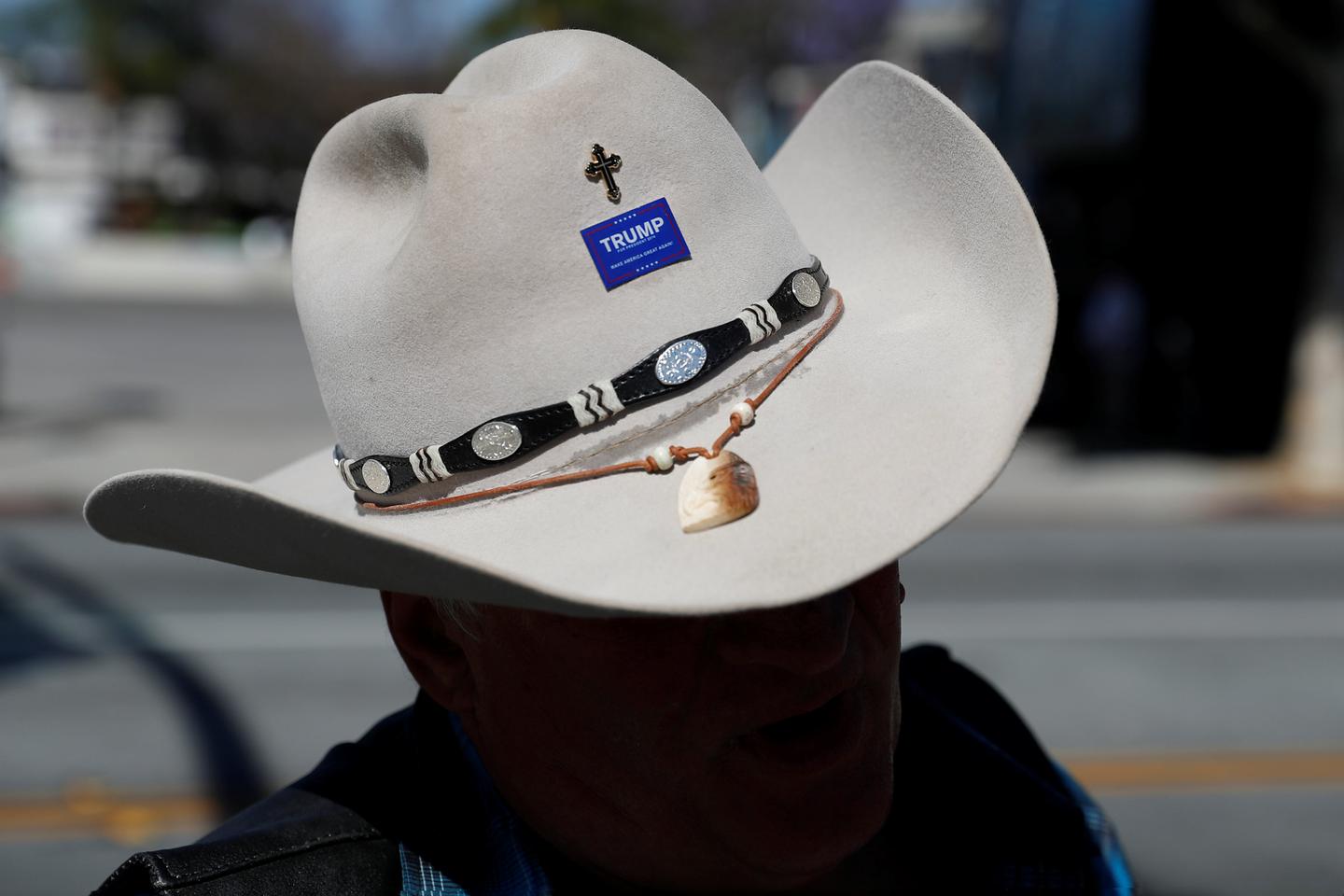EAnother gun killing in the United States on May 6. This time in Texas, just weeks after shootings in Kentucky and Tennessee, one of which targeted an elementary school. Another call from President Joe Biden to regulate guns. Which will undoubtedly remain a dead letter in the face of opposition from the majority of Congress.
Why such opposition to banning, or even just regulating, firearms? No doubt partly for the same reasons that underlie opposition to redistribution and income taxation. And which are due to the glorification of individual freedoms and the rejection of state intervention by many American citizens. Certainly.
But how to explain this fierce and tough individualism? The answer could be found in the historical fabric of the country and the way it was colonized (“ Frontier Culture : The Roots and Persistence of “Rugged Individualism” in the United States », Samuel Bazzi, Martin Fiszbein et Mesay Gebresilasse, Econometrica, n° 88/6, 2020).
The conquest of the West was relatively slow and lasted nearly a century, between 1790 and 1890. It was carried out in gradual spurts, depending on the influx of waves of pioneers, mainly Europeans, whose migratory flows largely depended on the circumstances in their countries of origin, linked in particular to famines or conflicts. Because of these migratory hazards during this century of conquest, certain territories remained on the margins of colonization for a long time, while others were quickly conquered. The authors use a definition developed by historians of what is commonly called the “Far West”: a population density below two inhabitants per square mile (1.25 inhabitants per square kilometer) and less than 100 kilometers of the colonization border.
Tax reluctance
Life in this Wild West was hard and dangerous. Far from urban centers and state power, people could only rely on themselves. They forged an incorrigible individualism that little historical data can measure – opinion polls did not exist at the time.
However, by crossing one hundred and fifty years of census data including the first names given to children with their location, the three economists noticed that the original first names (for example Luke or Lucinda, rather than John or Sarah) were significantly more numerous in the Far West territories. Giving a rare and original first name to your child reveals a desire to stand out. They therefore adopted this variable as a measure of individualism. And show that this individualism was a guarantee of economic success: the “individualists” were richer in the Far West than they were in the places colonized for a long time.
You have 30.5% of this article left to read. The following is for subscribers only.
2023-05-10 03:00:20
#West #individualism #guarantee #economic #success


